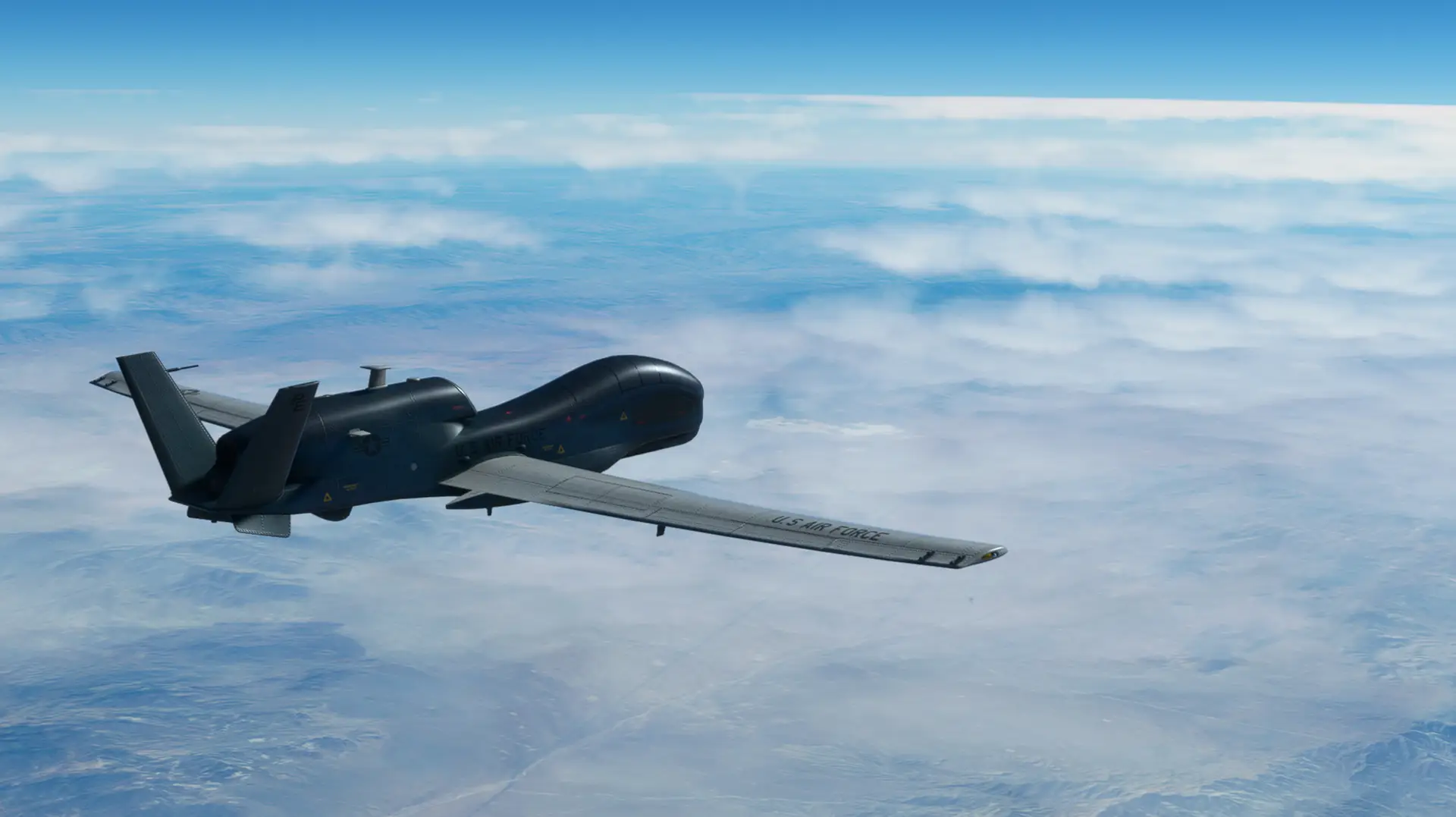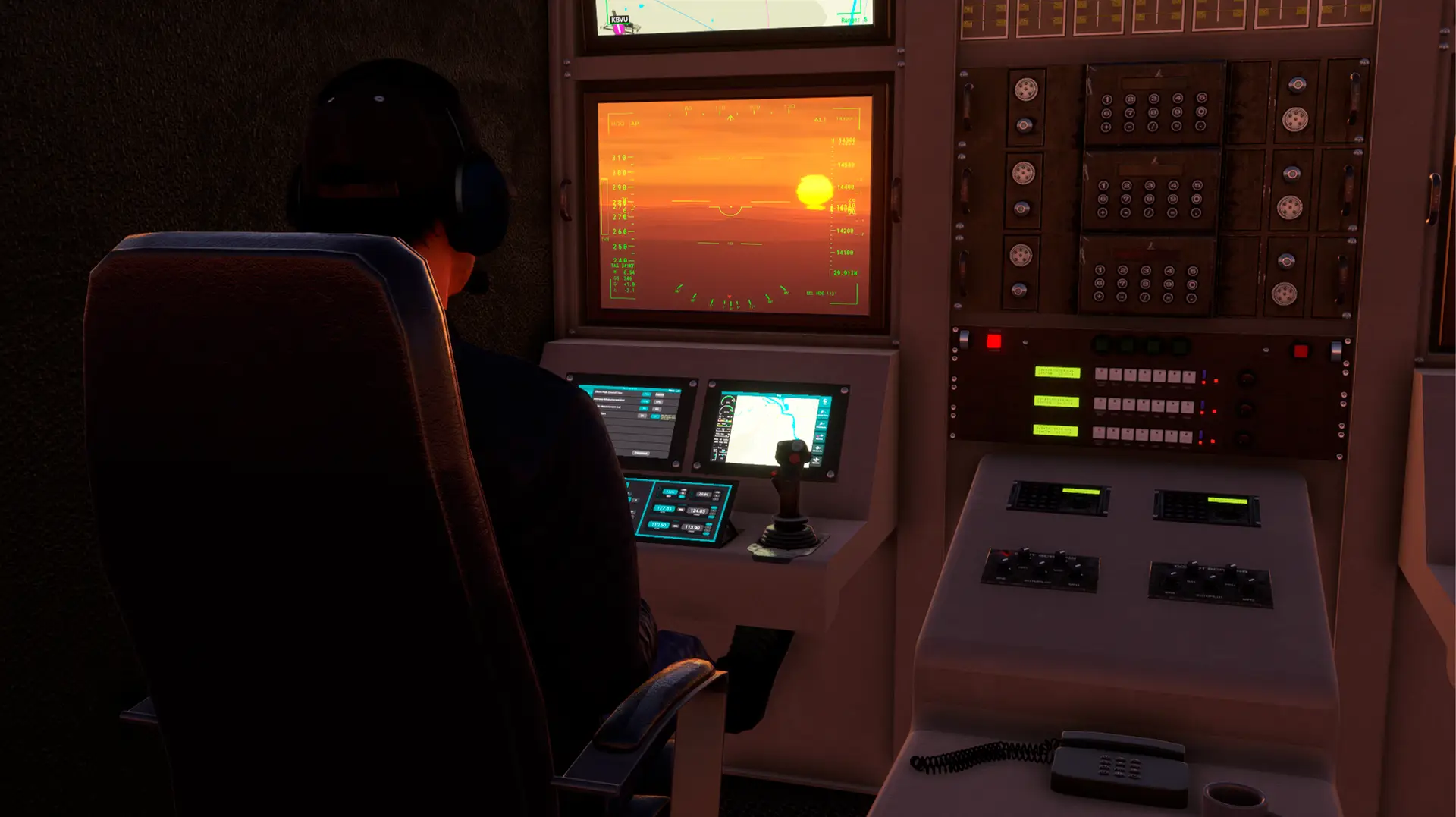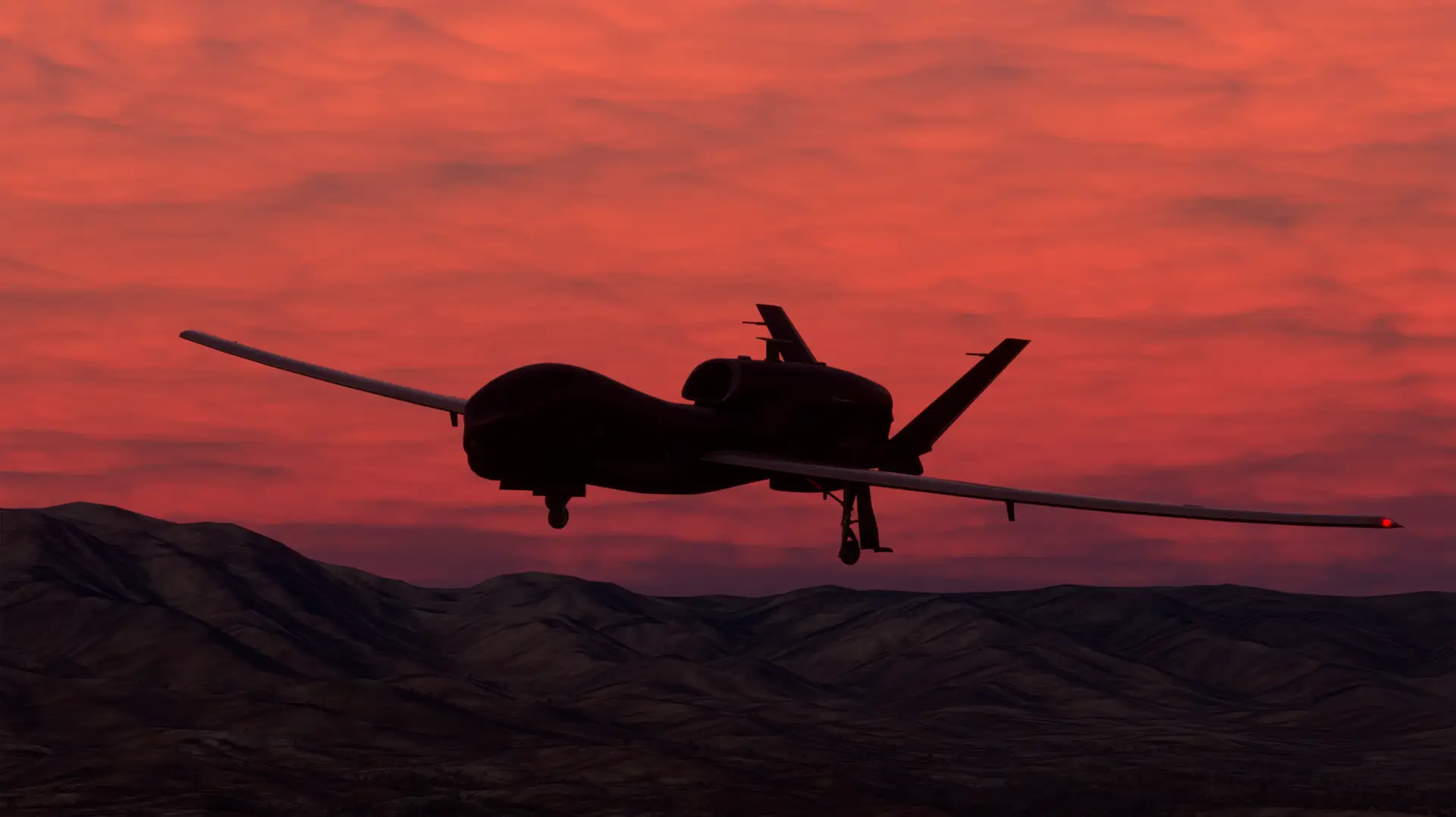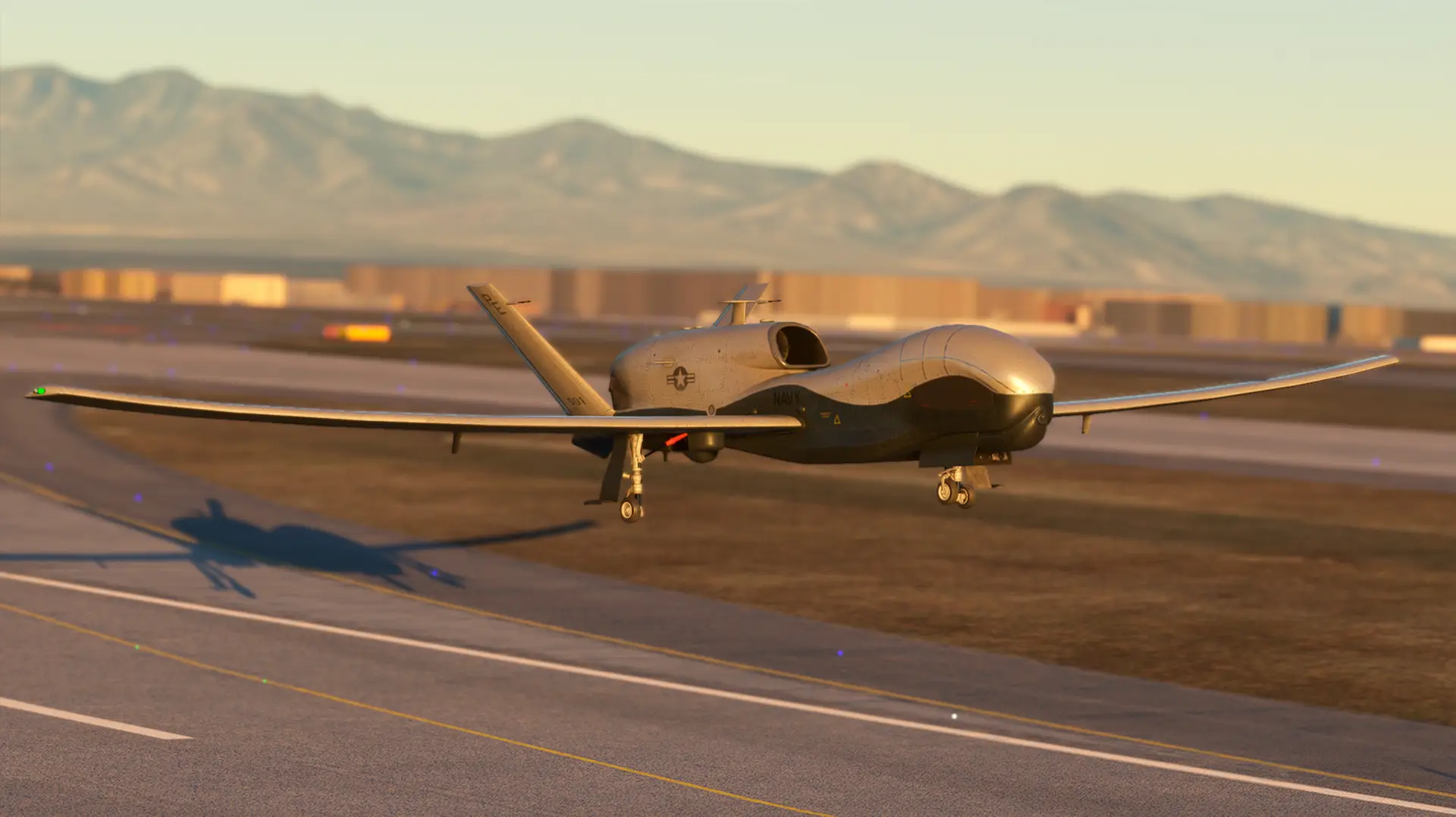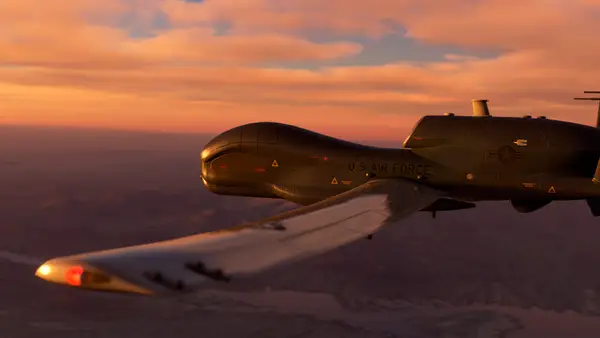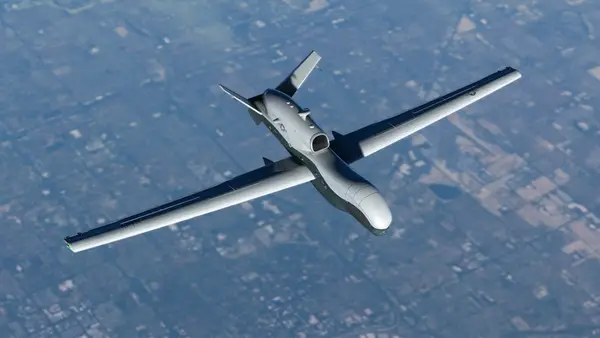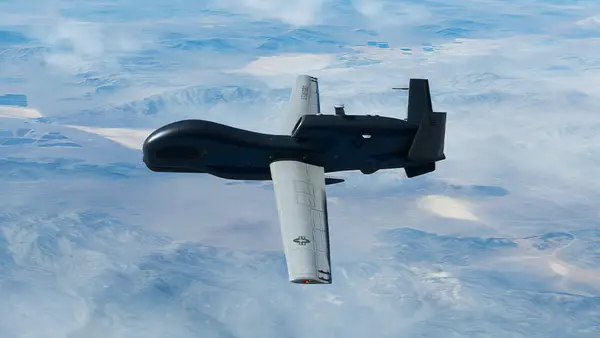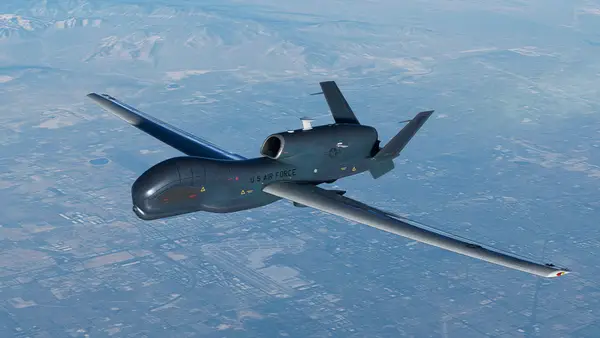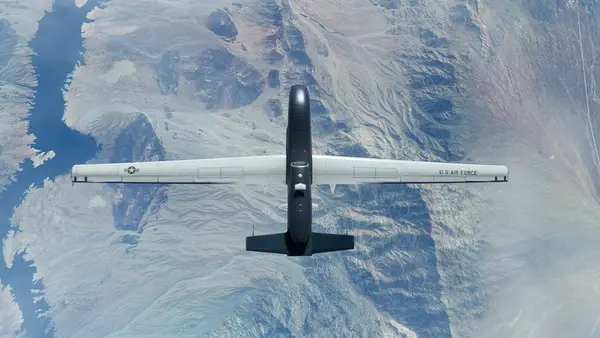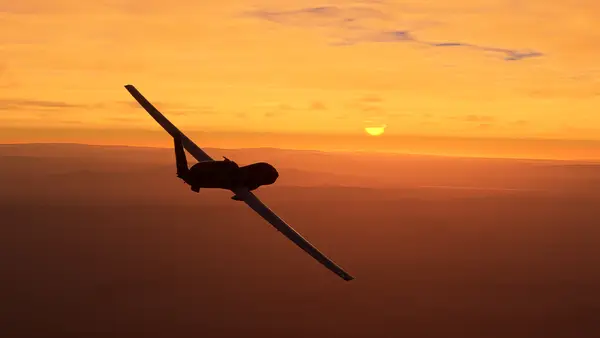- USD 14.99
- -43%
- USD 14.99
- USD 8.49
- Sale Ends: July 10 2025 5:00 PM +00:00
- View more offers at FS Addon Compare
- Added: December 1, 2023
- Updated: December 14, 2023
About the Aircraft: The HVN-4B Global Hawk is a high-altitude, long-endurance unmanned aerial vehicle (UAV) developed by Heaven Designs & Giba for various military and intelligence-gathering purposes. This aircraft is known for its impressive endurance, capable of flying at altitudes of up to 60,000 feet for more than 30 hours. Equipped with advanced sensor and communication systems, the Global Hawk is designed for surveillance, reconnaissance, and intelligence missions, providing real-time data and imagery collection over vast areas. Its versatile capabilities make it a valuable asset for military and civilian applications, including border surveillance, disaster response, and environmental monitoring. The HVN-4B Global Hawk exemplifies cutting-edge technology in the field of unmanned aerial systems, offering extended operational reach and data-gathering capabilities for a wide range of mission profiles.
About its Features:
- Accurate 3d model
- Accurate Flight Dynamics
- PBR 8K Textures
- Custom Ground Control Station 3d model
- Custom Screens
- Custom Systems
About the Developers: This aircraft was developed in a partnership between Heaven Designs & Giba.
Disclaimer: This is not meant to be a study-level aircraft since a lot of its documentation is classified/confidential, however we managed to get its physics as close as possible to the real aircraft performance (limited by the documentation/information we have).
We wish you stunning flights :)
